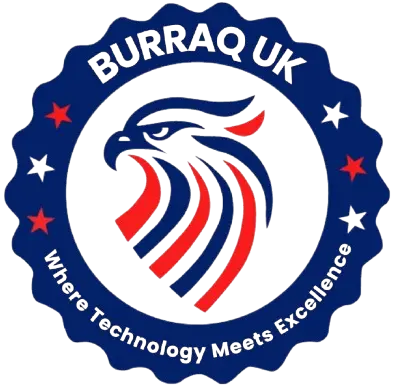ISO/IEC 17025 Testing and Calibration Laboratories Internal Auditor
ISO/IEC 17025:2017 is the international standard that sets out the general requirements for the competence, impartiality, and consistent operation of testing and calibration laboratories. It ensures that laboratories produce valid and reliable results, enhancing confidence in their work both nationally and internationally.
An Internal Auditor for ISO/IEC 17025 plays a critical role in maintaining the integrity and effectiveness of a laboratory’s quality management system (QMS). Internal audits are a key requirement of the standard and help ensure continuous improvement and compliance.

Aim of ISO/IEC 17025 Testing and Calibration Laboratories Internal Auditor
Ensure that the testing and calibration laboratory’s quality management system is effectively implemented, compliant with ISO/IEC 17025:2017 requirements, and continuously improved to maintain technical competence and produce valid, reliable results.
Course Overview
ISO/IEC 17025 Testing and Calibration Laboratories Internal Auditor
- Educational Qualification
- A degree or diploma in science, engineering, or a technical discipline relevant to testing or calibration activities.
(e.g., Physics, Chemistry, Mechanical Engineering, Electrical Engineering, Metrology, etc.)
- Professional Experience
- Minimum 1–2 years of experience working in a testing or calibration laboratory.
- Familiarity with laboratory processes, quality control, measurement techniques, and equipment calibration.
- Experience with ISO/IEC 17025 implementation is preferred but not mandatory for trainees.
- Training Requirements
- Successful completion of a recognized ISO/IEC 17025:2017 Internal Auditor Training Course, covering:
- Interpretation of ISO/IEC 17025 clauses
| Course Code | Curriculum Title | Credit | DLH |
|---|---|---|---|
| BUK1953-1 | Introduction to ISO/IEC 17025 | 3 | 10 |
| BUK1953-2 | Understanding ISO/IEC 17025:2017 Requirements | 3 | 10 |
| BUK1953-3 | Audit Fundamentals | 3 | 10 |
| BUK1953-4 | Audit Planning and Preparation | 3 | 10 |
| BUK1953-5 | Audit Reporting and Follow-up | 3 | 10 |
| BUK1953-6 | Examination and Certification | 3 | 10 |
Module 1: Introduction to ISO/IEC 17025
- Overview of ISO/IEC 17025:2017
- Importance and benefits of the standard
- Scope, structure, and applicability to testing & calibration labs
- Key terms and definitions
Module 2: Understanding ISO/IEC 17025:2017 Requirements
- Clause 4: General Requirements (Impartiality & Confidentiality)
- Clause 5: Structural Requirements
- Clause 6: Resource Requirements
- Clause 7: Process Requirements (Sampling, Testing, Calibration, etc.)
- Clause 8: Management System Requirements (Option A or B)
Module 3: Audit Fundamentals
- What is an internal audit?
- Purpose and types of audits
- Principles of auditing (as per ISO 19011)
- Auditor roles and responsibilities
- Audit ethics and behavior
Module 4: Audit Planning and Preparation
- Developing audit plans and checklists
- Gathering and reviewing documents
- Selecting audit criteria and scope
- Communication before the audit
Module 5: Conducting the Audit
- Opening meeting
- Collecting objective evidence (interviews, observations, records)
- Identifying non-conformities
- Interpersonal and communication skills during audit
Module 6: Audit Reporting and Follow-up
- Preparing the audit report
- Reporting non-conformities (NCs), observations, and suggestions
- Conducting the closing meeting
- Corrective action and follow-up process
Module 7: Practical Case Studies & Exercises
- Real-life audit scenarios
- Writing non-conformity statements
- Group exercises and mock audits
- Root cause analysis and CAPA (Corrective & Preventive Actions)
Module 8: Examination and Certification
- Final assessment (written or online test)
- Evaluation of case studies or role-plays
- Certificate of successful completion
- Laboratory Professionals:
- Quality Management Staff:
- Auditors:
- Consultants and Trainers:
- Students & Fresh Graduates (Optional):
- All Modules within this qualification are assessed internally by the approved training Centre and externally verified by BURRAQ UK. The program uses a criterion-referenced assessment approach to ensure that learners successfully meet all required learning outcomes.
- A Pass in any unit is granted only when the learner submits valid, reliable, and authentic evidence that demonstrates achievement of the assessment criteria. The Assessor is responsible for reviewing this evidence and confirming that the learner has attained the expected standard.
